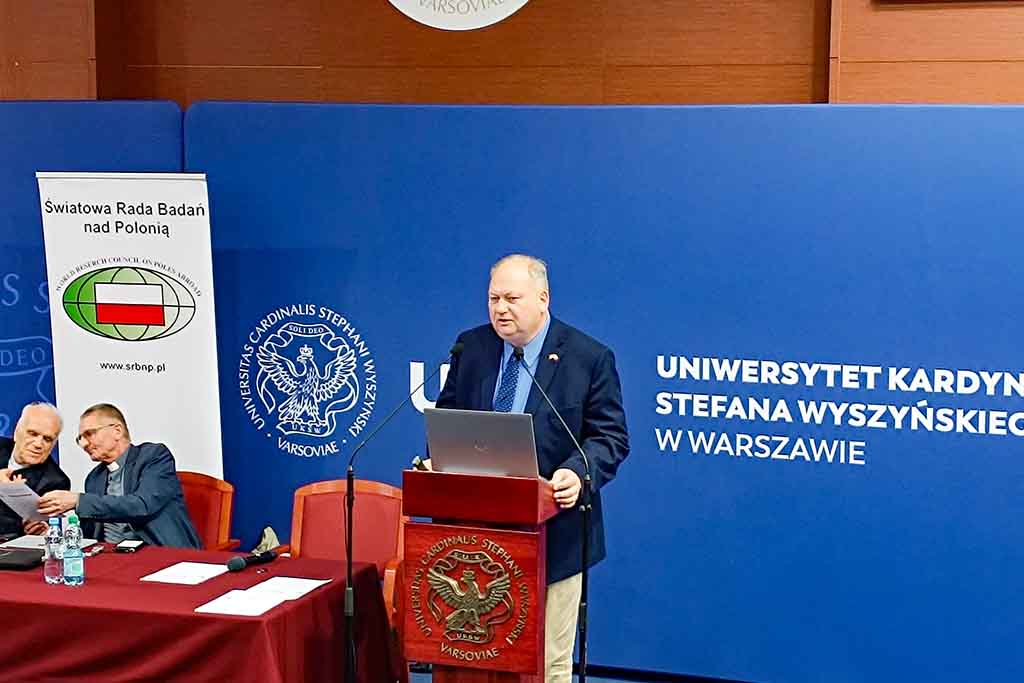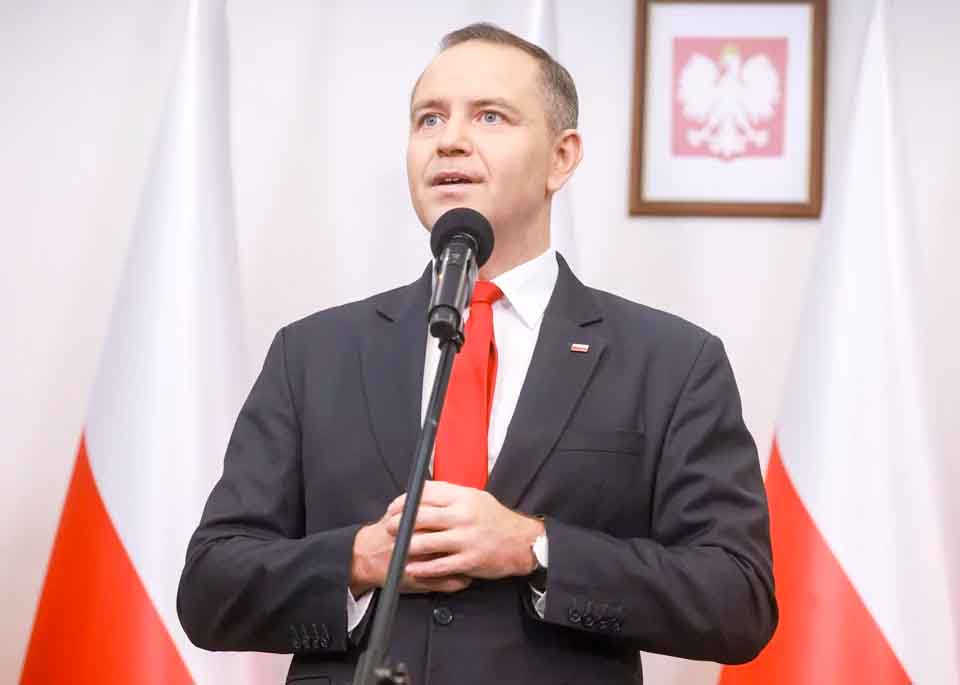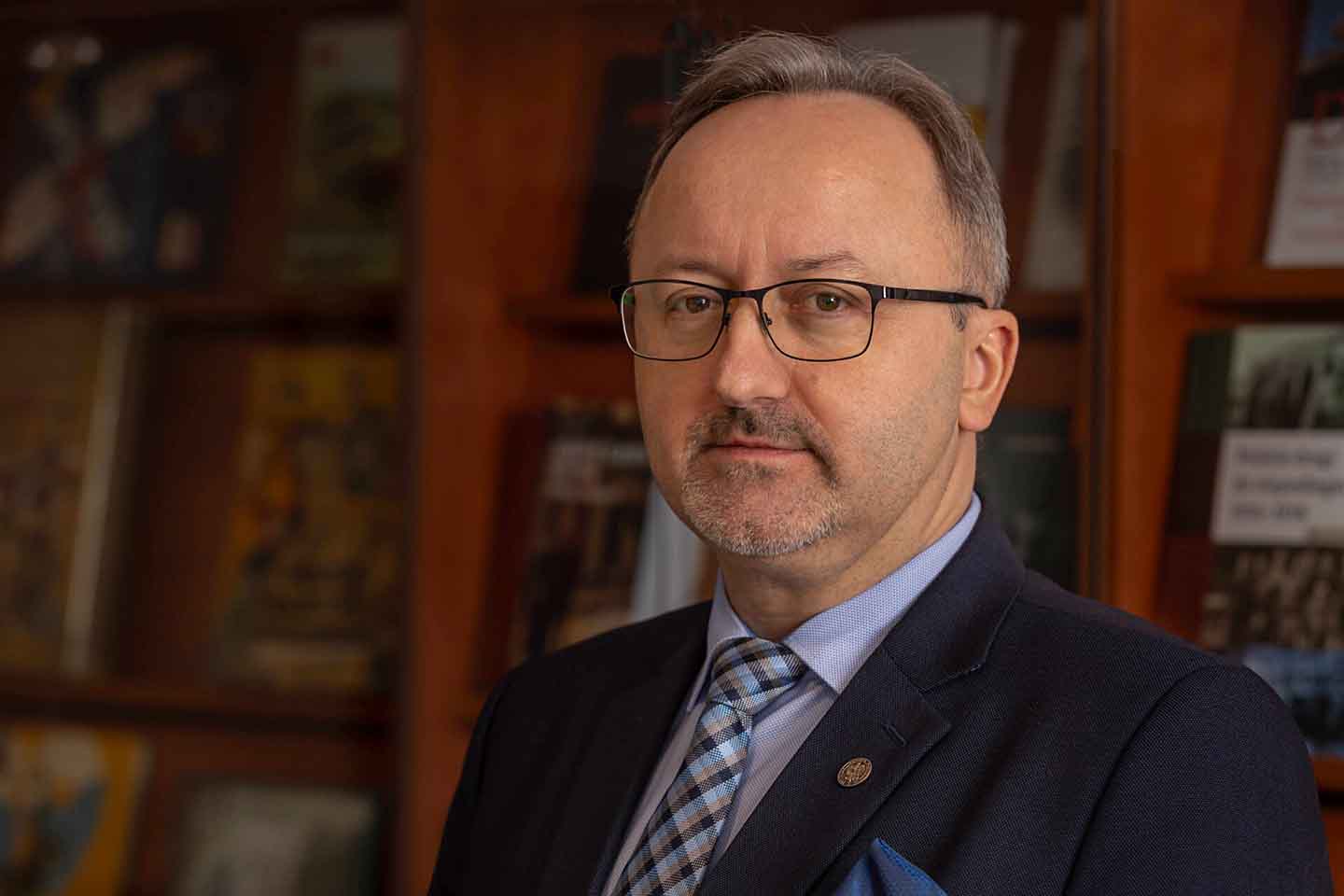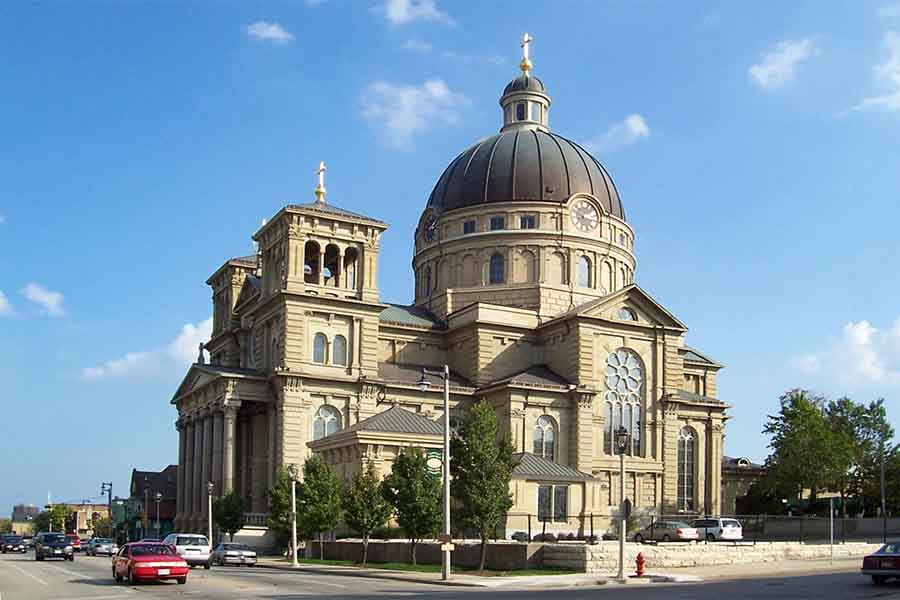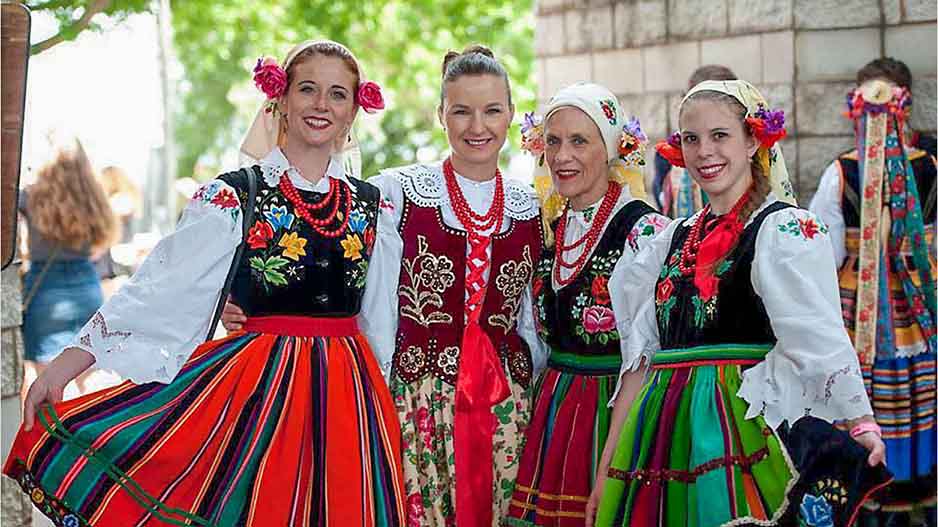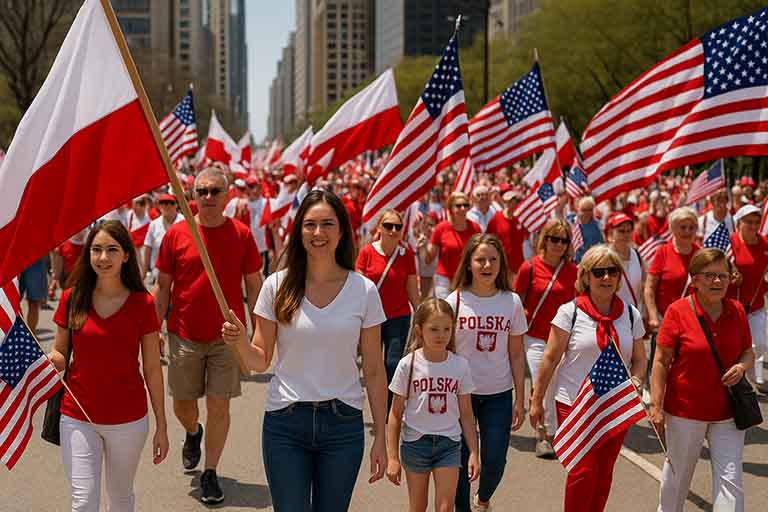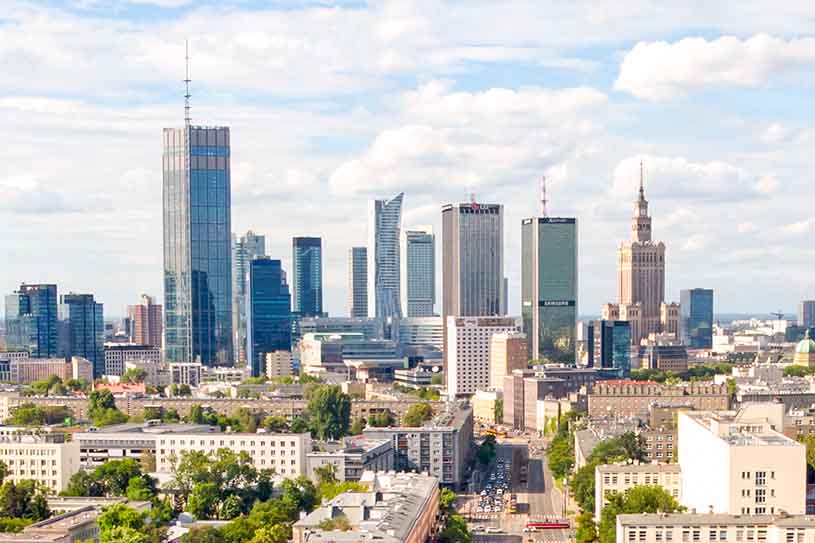Since 1989, Poland has been one of the fastest growing economies in Europe. The success of Poles is due to specific solutions, innovative technologies and people. This is the result of research conducted by the “We Did It In Poland” campaign .
As we read in the study: 74% of Poles emphasize that patriotism is manifested, among other things, in showing Poland's strengths in conversations at home and abroad. The study participants indicated that passing on to children love and respect for the homeland (82%), participating in elections and cultivating Polish traditions (79% each), readiness to fight for the homeland (76%) or hanging out the flag on national holidays (74%) are important elements of awakening Polish instrumentality after the period of communism.
The Poles' thinking about Poland is dominated by positive aspects — 58% feel part of the national community, 56% feel pride, 52% joy, and for 44% the thought of our country releases energy to act.
Prof. Marcin Piotrowski writes about this in more detail in his book: "The Golden Age. How Poland Became the European Growth Leader and What the Future Awaits It". This is a fascinating study describing Poland's path to economic success. Prof. Piątkowski has analyzed centuries of our country's economic history in a scientific, yet extremely accessible way, taking into account factors such as institutions, social mobility, the role of transformation, Poland's accession to the EU and many others. But Poland is not just Warsaw, Poznań or Kraków. Poland is primarily other cities and villages.
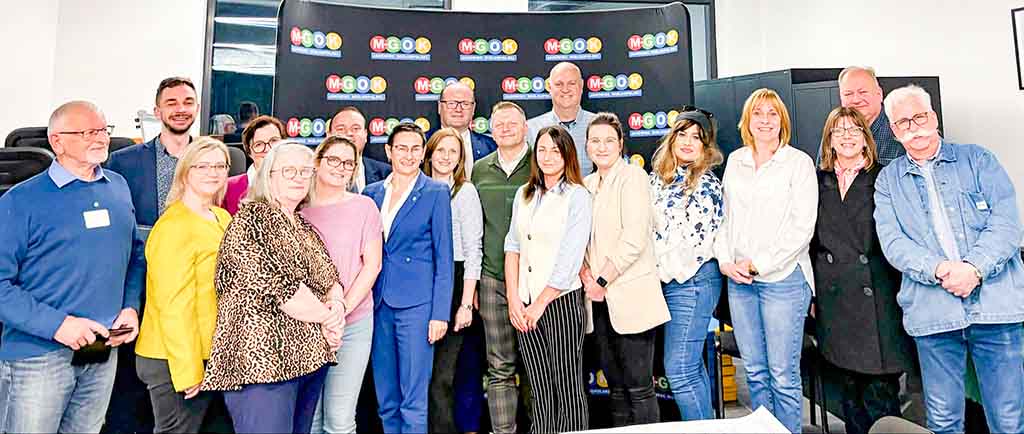
Source: W. Biniecki
This text is about awakening the potential of Poles from our small homelands. It all started after the pandemic. Professor Susan Yelich-Biniecki from Kansas State University and Professor Jerry Johnson from East Carolina University representing the Rural Education Center of this university, as well as Waldemar Biniecki — a graduate of UKW in Bydgoszcz, editor-in-chief of Kuryer Polski in Milwaukee — visited Janowiec Wielkopolski for the first time in March 2023. The aim of this visit was to take a closer look at education in small towns and villages, which is why they went to the Wielkopolska Insurgents Elementary School in Żerniki, the Tadeusz Kościuszko Elementary School in Janowiec Wlkp., and also the Janowiec cultural center and library.
Contacts developed through online conversations, until finally the concept of organizing a workshop for the municipal authorities, councilors of the City Council, village heads, directors of educational and cultural institutions emerged. The workshop took place on March 19 at the municipal showcase of the Janowiec land connecting the past and the future — the Water Tower. The finances for logistics and implementation of the program were provided by the American side, while the municipal authorities and the Water Tower secured the meeting place.
The main theme of the workshop was: "Resource-based community development". "ABCD" (Asset-Based Community Development) is a method of creating and implementing a sustainable local development strategy. Workshops without unnecessary academic knowledge were carried out in a practical way. As the local weekly Pałuki writes:
The workshops helped them understand how to identify resources in the countryside and in the city, and then use them to introduce innovations. The participants also drew maps of resources in their communities, identified their strengths and developed an action plan for asset development. Together they also went to the Evangelical Church in Zrazim. Its potential triggered a brainstorming session with numerous ideas for using the facility together with the pastor's house and the surrounding area. One part of the training was devoted to a panel discussion on the development of the Water Tower, in which the director of the Municipal and Communal Cultural Center Karol Nojgebaurer, the head of the Stefania Popiołek Public Library — Natasza Ber, the mayor of Janowiec Wlkp. Leszek Grzeczka, and his deputy and secretary of the commune Michał Werkowski took part. The Water Tower is not only a railway monument saved from destruction, but above all a vibrant cultural centre, which they learned by listening to the events, meetings, conferences, section classes, concerts and many others organised there.
Poland is developing precisely thanks to human assets. It is Poles, nameless, not promoted by the authorities, who are daily leading to the development of Poland. It is worth noting that there are 60 million of us: around 40 million in the country, and the remaining 20 million living as a Polish diaspora outside the country.
It is worth noting that at the Republican conference in the US, President Duda was thanked for the fact that 80% of American Poles supported the Republicans in the last elections. This was noticed in America, but in Poland we still have problems with the involvement of the Polish diaspora in the promotion of Poland, its economy, history and culture as a country with serious achievements and contribution to world civilization.
Let us wake up the Poles and enjoy their freedom and prosperity and let us remember that Poles are our greatest national treasure. Greetings from the headquarters of Kuryer Polski in Milwaukee.
Translation from Polish by Andrew Wozniewicz.







